Point Swift
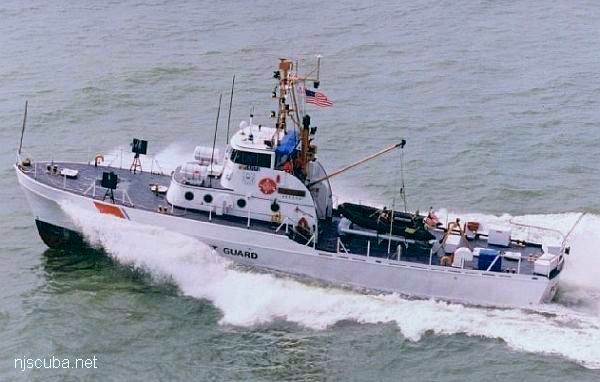
- Type:
- artificial reef, cutter, US Coast Guard
- Specs:
- ( 83 x 17 ft )
- Sponsor:
- Cape May County Party & Charter Boat Association
- Sunk:
- Thursday March 30, 2000 - Cape May Artificial Reef
- GPS:
- 38°51.620' -74°40.600'
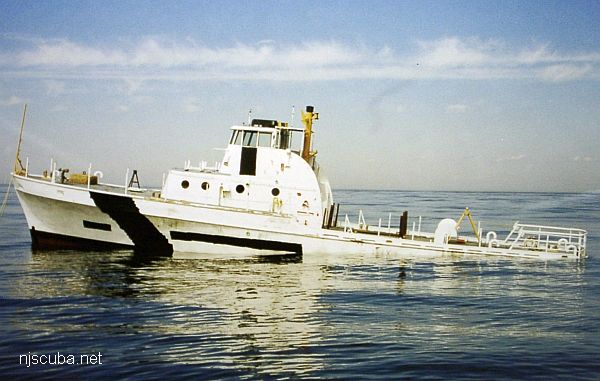
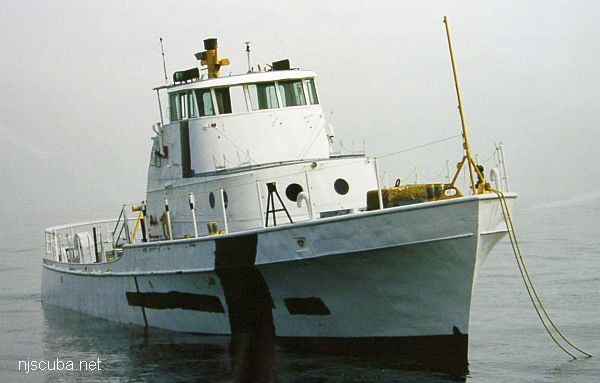
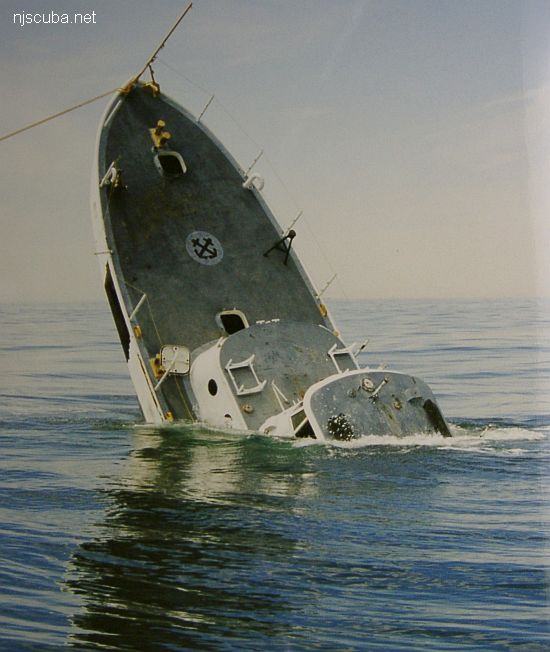
POINT SWIFT, WPB 82312
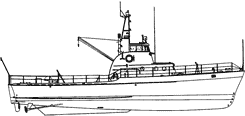
The 82-foot patrol boats have mild steel hulls and aluminum superstructures. Longitudinally framed construction was used to save weight.
These boats were completed with a variety of power plants. 82301 through 82313, 82315 through 82317, and 82319 through 82331 were powered by two Cummins 600-hp diesels. Boats 82318 and 82332 through 82379 received two Cummins 800-hp diesels. The 82314 was fitted with two 1,000-hp gas turbines and controllable-pitch propellers. The purpose of this installation was to permit the service to evaluate the propulsion equipment. All units were eventually fitted with the 800-hp diesels. Units remaining in 1990 were re-equipped with Caterpillar diesels.
WPB 82301 through 82344 were commissioned without names; at that time the Coast Guard did not name patrol craft shorter than 100 feet. In January 1964 they were assigned names.
The Point Swift was stationed at St. Petersburg, FL, from 22 March 1961 to 1968. She was used for law enforcement and search and rescue operations. On 22 June 1965, she provided firefighting material to the burning Irish M/V Irish Poplar in Tampa Bay. On 11 September 1965, she assisted in the tow of the disabled F/V Carousel west of Tampa, FL. On 19 November 1967, she escorted the distressed F/V Mistress to Clearwater Pass. On 7 January 1968, she escorted the distressed Liberian M/V Pochteca to Tampa Bay. On 21 September 1968, she rescued three from the pleasure craft Blue Star 30 miles south of Anclote Key, FL. On 12 November 1968, she rescued tow and salvaged equipment from M/V Mystery II 40 miles west of St. Petersburg, FL.
She was stationed at Clearwater Beach, FL, from 1969 to 1991. On 4 February 1970, she stood by anchored barges that had been released by a tug due to steering problems. On 31 May 1987, she towed the disabled cutter Point Steel 80 miles west of St. Petersburg to that port.
Builder: Coast Guard Yard, Curtis Bay, MD
Commissioned: 22 March 1961
Decommissioned: 30 March 1995
Disposition: Stored at Coast Guard Yard, Curtis Bay, MD (as of 28 June 1997)
Length: 82'10" oa, 78' bp
Navigation Draft: 5'11" max (1960)
Beam: 17'7" max
Displacement: 69 fl; 60 light (1960)
Main Engines: 2 Cummins diesel (see class history)
BHP: 1, 200
Performance, Maximum Sustained: 14.5 kts, 577-mi radius (1,200 hp, 1960)
Performance, Economic: 10.7 kts, 1, 271-mi radius (1,200 hp, 1960)
Maximum Speed: 16.8 kts (1960)
Fuel Capacity: 1,840 gal
Complement: 8 men (1960), 2 officers, 8 men (1965)
Electronics:
Radar: SPN-11, CR-103 (1960), or SPS-64
Armament: 1 x 20mm (1960), 5 x .50 cal mg, 1 x 81 mm mortar (Vietnam service)
-- from Coast Guard historical records

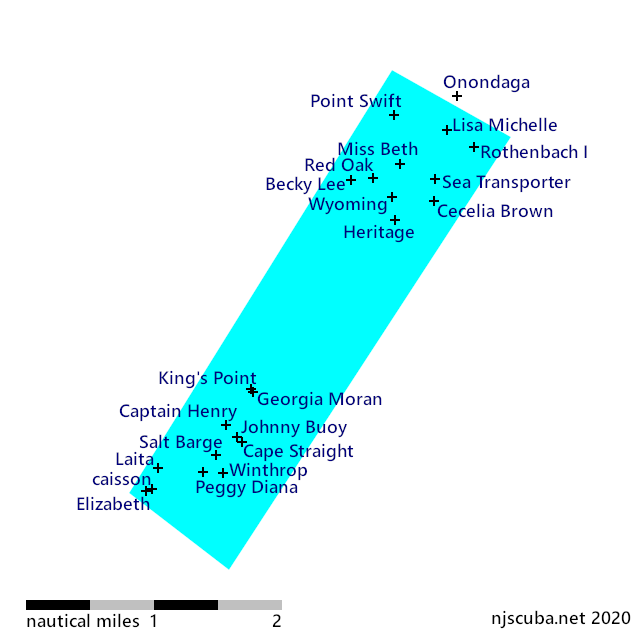
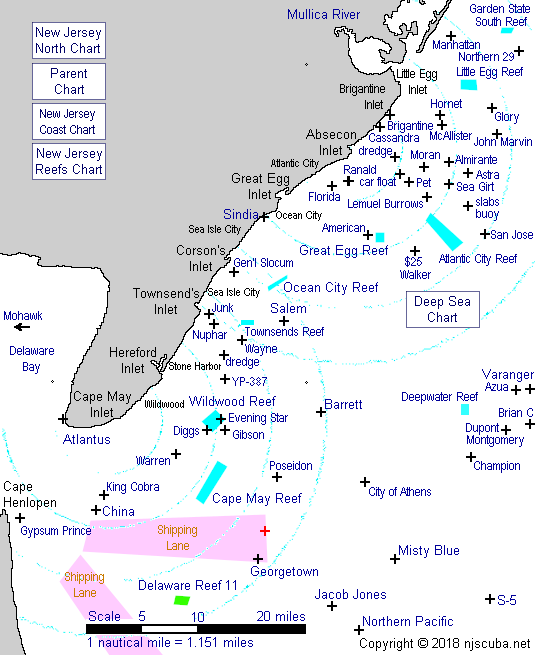

Questions or Inquiries?
Just want to say Hello? Sign the .